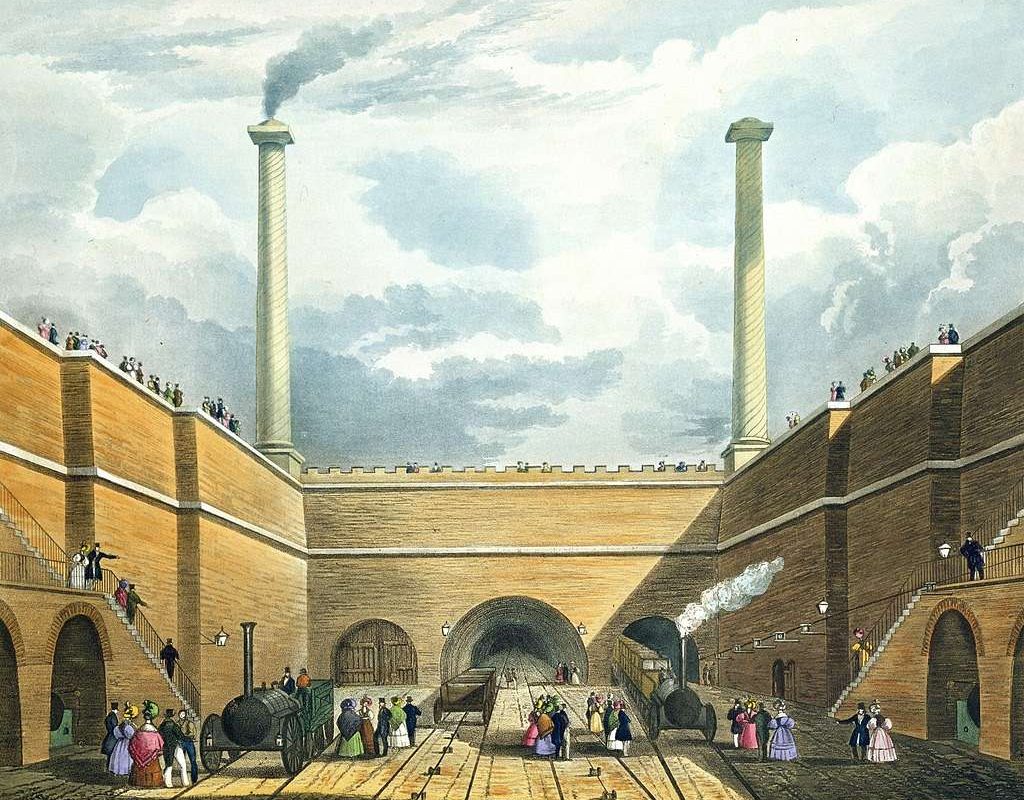Rebellious daughters of history #3
by ,,Judy Cox

Adelaide Knight – From suffrage to communism
Adelaide Knight was born in 1871 and lived with her working class family on Kenilworth Road in Bethnal Green. After a childhood injury she used crutches or a stick for the rest of her life.
In 1894 Adelaide married a sailor, Donald Adolphus Brown, born in what is now Guyana.
He shared Adelaide’s political beliefs and supported her activism. They both joined the Independent Labour Party and he took Adelaide’s surname and was widely known as Donald Knight.
The first London branch of the Women’s Social and Political Union (WSPU) was opened in Canning Town in 1906 and Adelaide was its secretary. In June 1906 she was arrested alongside Annie Kenney and Mrs Sparborough, when they tried to see the prime minister, Herbert Asquith.
The women were sentenced to prison for six weeks unless they agreed to be ‘bound over’ for one year and give up their campaigning. It was a difficult decision for Adelaide as she was in poor health, and the couple had two small children to care for.
All three women chose prison. Adelaide said: “I refuse to barter my freedom to act according to my conscience, while my health permits me to fight on.” She sang The Red Flag every morning to keep her spirits up.
Adelaide left the WSPU and joined Sylvia Pankhurst in the militant East London Suffrage Federation which campaigned for working class women. They linked suffrage to economic reform, opposed the First World War and celebrated the Russian Revolution.
In 1920 Adelaide became a founding member of the Communist Party of Great Britain.

The Intransigent Nathalie Lemel
Lemel was a Parisian radical bookbinder. In the 1860s she became one of very few female strike leaders, and campaigned for equal pay. She joined the First International in 1865.
In 1871, Lemel became a leading figure in the Paris Commune. Lemel joined with other members of the First International such as Elizabeth Dimitrieff to establish the ‘Union of Women’ to build support for the Commune among working women.
Every member of the Union was a member of the First International. The Union campaigned for equal pay, for education for girls, for the right to divorce and for work. It became one of the most powerful organisations of the Commune.
When the Commune came under attack, Lemel issued a defiant public address: ‘We have come to the supreme moment, when we must be able to die for our Nation. No more weakness! No more uncertainty! All women to arms! All women to duty! Versailles must be wiped out!’
Lemel was one of many women who fought on the barricades of Paris. After the defeat of the Commune, Lemel was sentenced to exile in the Canadian Nouvelle-Calédonie penal colony. She shared a cell with another great female Communard, Louise Michel.
Lemel had to wait for an amnesty declared in 1880, before she could return to Paris. Unbowed by these experiences, Lemel worked for a radical paper, L’Intransigeant, and continued her fight for women’s rights. She died in 1922.



